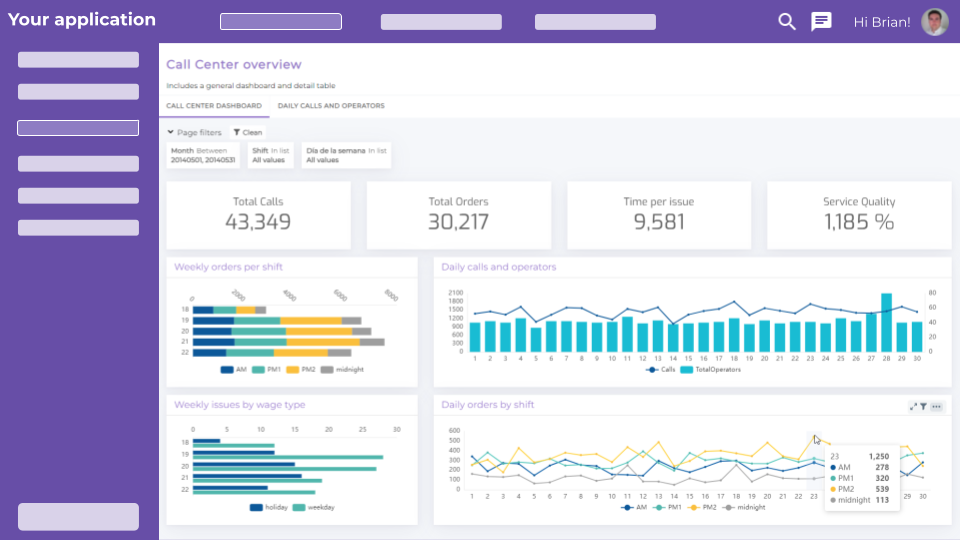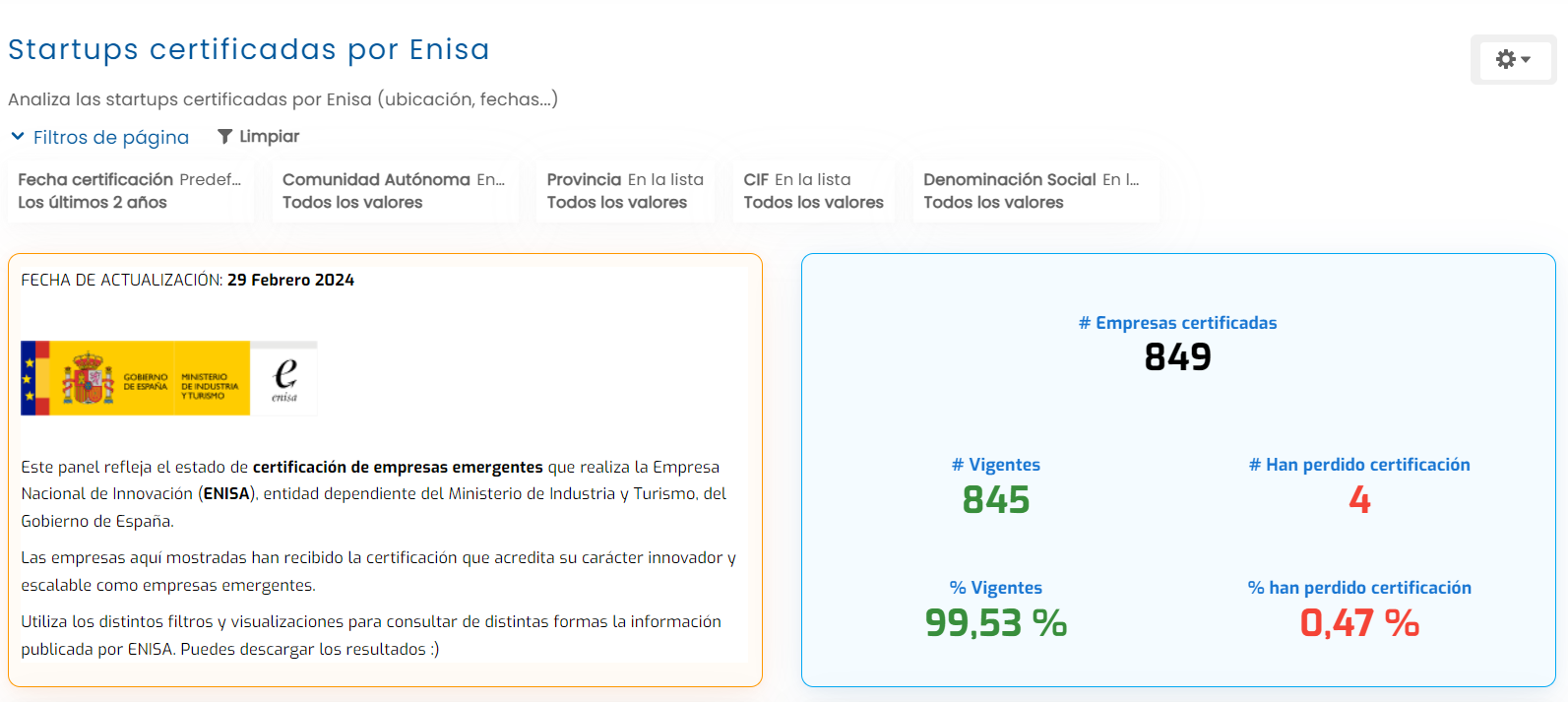Information and data are the daily fuel of companies, so ensuring good management of them will be a fundamental task in any business environment.

The importance of working with data in all areas is becoming increasingly evident. After a situation such as the one we have experienced with the COVID-19 pandemic, it’s even more evident that decision-making that is not based on data, regardless of the sector to which it applies, has no solid foundation on which to operate.
Therefore, we believe that decisions based on data are already part of society's daily life; but... in an environment where the line between information and disinformation is almost imperceptible, how can we guarantee the veracity of this data?
Poor information management often leads to large losses of time of key people in the company, delays in decision making or decrease in market share, among other negative consequences.
That is why we consider it’s necessary to highlight some important signs that describe bad habits in information management, and that will be useful both for those companies that are already making use of data analytics (Business Intelligence) and for those that have not yet started but are considering it.
How can I improve the information management of my company?
Coordinating the information that comes from different databases, applications or tools, is sometimes impossible mission
Frequently companies work with several applications, tools and data sources (Excel files, CRM systems, ERP, task management...), but in most cases the tools available do not allow combinations or management of information from different data sources. In these situations it would be necessary to incorporate a data integration process.
Through data integration processes, what we commonly call in Business Intelligence ETL processes (Extract Transform and Load), we can combine multiple data sources performing processes of cleaning, validation, aggregation, etc. storing this data in a destination or analytical database (data warehouse).
Through these processes we can ensure that the data we are analyzing meets a set of criteria established by our organization.
Lack of agility to respond quickly to organizational changes
The market can take rapid and unexpected turns, and competition is one of the biggest contributors to this. Without a decision-making system that is flexible and adapts quickly to situations, the consequences for your company will not be the most desirable. Some of the causes that can diminish that flexibility are the following:
- Taking longer to implement changes that could be carried out in a much shorter time.
- Use a *data analytics system with large dependencies on suppliers, old-fashioned or closed.
- Not having the capacity to support large amounts of data, which would give rise to bottlenecks and difficulties in the agility of data processing.
Key people in the company have to spend a significant part of their time preparing reports
According to studies carried out internally, companies spend about one and a half days a week (30% of their time) of their administrative and sales staff, on generating reports. Therefore, the automation of these processes would mean savings a large amount of money each year.
By carrying out such automation of data processing, Dashboards and reports could be made available when necessary and automatically calculated.
Several interpretations of a single reality
A BI tool can be successful in data visualization, but without a good data management, supported by a Central Data Warehouse that avoids information silos and several definitions of the same KPI; it can lose all its success. This can happen for two main reasons:
- The same KPI is obtained in different ways (such as by using different data sources or formulas).
- The same KPI is read differently by team members.
In order to avoid this, it is necessary to create a file for each KPI, which contains the criteria for its analysis, definition, formula for its calculation, traceability of information from data sources, etc. In this way, a KPI's catalogue will be created with all the cards, that will serve as a guide and that, being accessible from the same BI platform, will avoid those biases referred to previously. This way we will have a Single Version Of the Truth (SVOT).
Bad habits collaborating with information
Commonly BI tools allow you to analyze and visualize data, but these tasks can become more complex when the right tool is not chosen.
Some of the problems that can happen, are when:
- The tools we use are not proactive and do not alert us to significant changes that require urgent intervention.
- Countless versions of Excel files are created and stored or shared by email, far from the original version.
- Various media are used to communicate and provide information about decisions or data (email, phone, chat...). Bringing all the information together in the same tool where it is analyzed and visualized, will substantially facilitate quality decision making.
If these signs are familiar to you, we at Biuwer recommend:
- Rely on modern, flexible, cloud-based BI solutions with user interfaces that are as clear and intuitive as possible, offering speed and scalability to handle ever-increasing data from different data sources.
- Opt for a fully integrated BI solution that allows large data sets to be queried, conveniently aggregated and cached for the most consumed data.
- Avoiding systems based on desktop applications, since it involves managing and installing software on local computers, which increases the possibility of incompatibilities.
- Avoid BI solutions that promise "immediate" answers because they are "in memory". They are not immediate, they are extremely expensive, and the physical limit of memory does not accommodate data needs.
If you don't know where to start, in Biuwer we offer you a Free Starter Pack, in which we promise to answer all those doubts and with which we guarantee a quality of service for all those companies that want to make the leap to BI or obtain better results for those that have already implemented it. Don't stay behind and contact us now!






